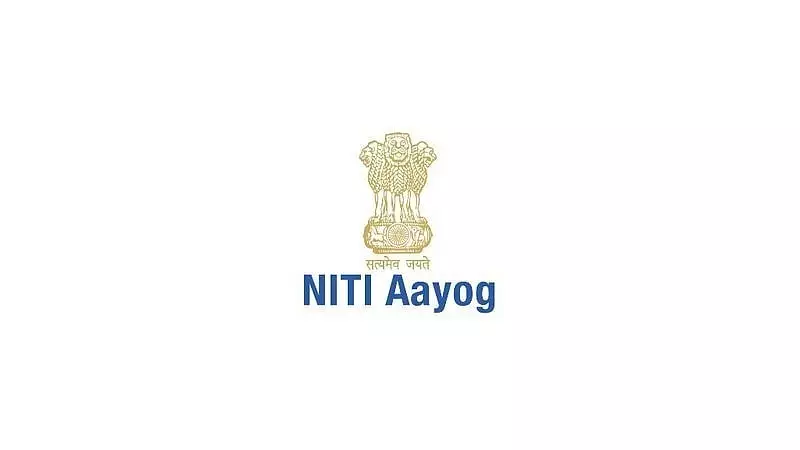
In a significant development that pits environmental conservation against economic development, the Prime Minister's Office has been forced to intervene in a growing controversy surrounding NITI Aayog's proposal to relax Coastal Regulation Zone (CRZ) norms.
The think tank's ambitious plan to ease construction restrictions in coastal areas has sparked fierce opposition from environmental groups and several state governments, creating a political storm that required top-level intervention.
The Controversial Proposal
NITI Aayog had proposed substantial relaxations to the existing CRZ framework, arguing that current regulations were hindering crucial infrastructure development and economic growth in coastal regions. The proposal aimed to facilitate easier approvals for various projects, including tourism infrastructure, housing, and industrial development along India's vast coastline.
However, environmental experts immediately raised red flags, warning that such relaxations could have devastating consequences for fragile coastal ecosystems, marine biodiversity, and the livelihoods of coastal communities.
Environmental Backlash
Green organizations mounted a vigorous campaign against the proposed changes, highlighting several critical concerns:
- Increased vulnerability to sea-level rise and coastal erosion
- Threats to mangrove forests and other critical coastal habitats
- Potential damage to marine breeding grounds and fisheries
- Displacement of traditional coastal communities
- Compromised natural barriers against cyclones and tsunamis
The opposition gained momentum as several state governments, particularly those with extensive coastlines, expressed reservations about the proposed relaxations, citing local environmental concerns and public opposition.
PMO's Strategic Intervention
Faced with mounting opposition and the potential for a major environmental controversy, the Prime Minister's Office stepped in to review the situation. Sources indicate the PMO is now carefully examining both the development arguments presented by NITI Aayog and the environmental concerns raised by activists and state governments.
The intervention suggests the government is seeking a balanced approach that addresses both development needs and environmental protection, recognizing the political sensitivity of the issue ahead of crucial state elections in coastal regions.
Broader Implications
This confrontation highlights the ongoing tension between development priorities and environmental conservation in India's policy landscape. The outcome of this dispute could set important precedents for how India manages its 7,500-kilometer coastline amid growing climate change threats and development pressures.
Environmental activists see the PMO's intervention as a temporary victory but remain cautious about the final outcome, while industry groups continue to push for regulatory easing to boost coastal economic activities.
The resolution of this conflict will likely influence India's coastal management strategy for years to come, balancing ecological sustainability with economic aspirations in some of the country's most vulnerable and valuable regions.





